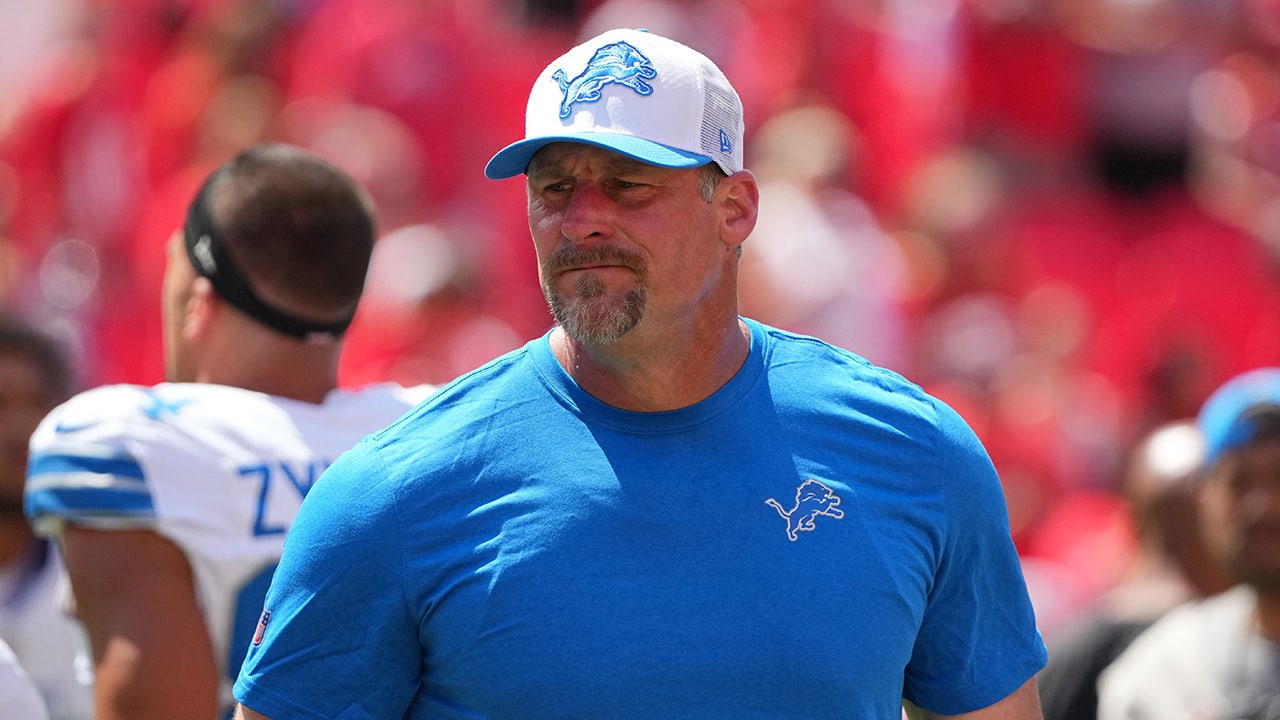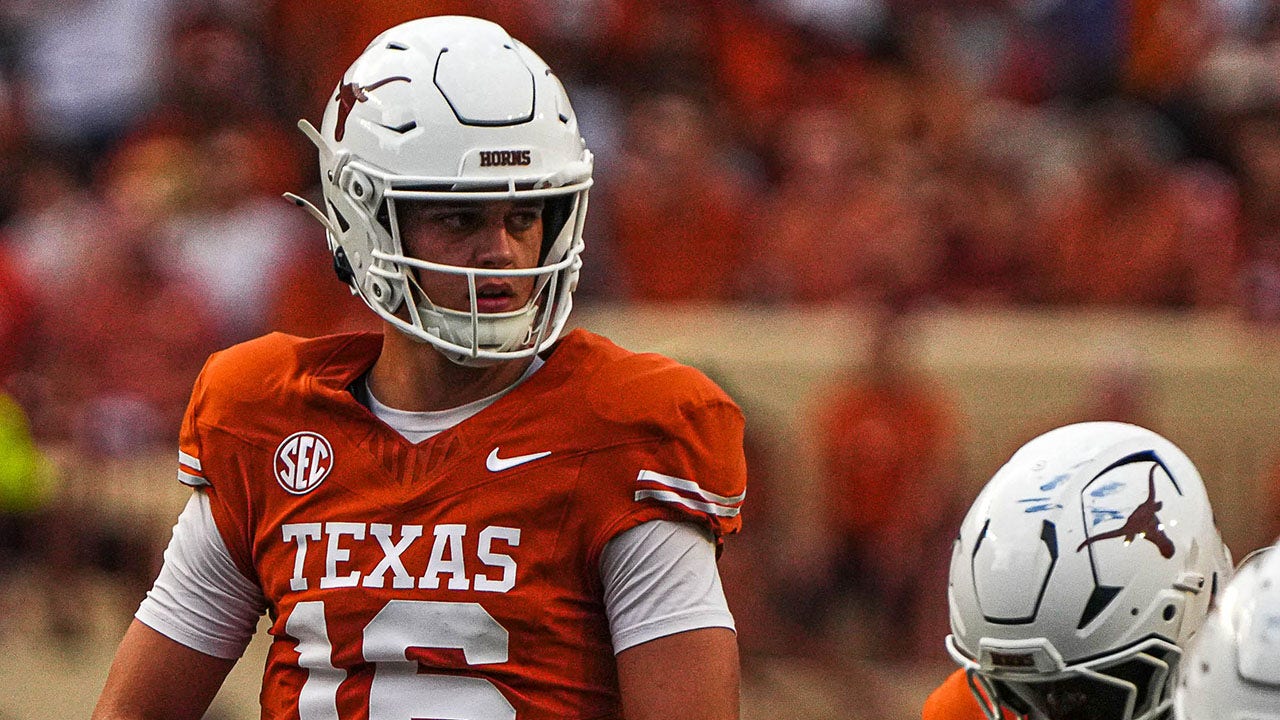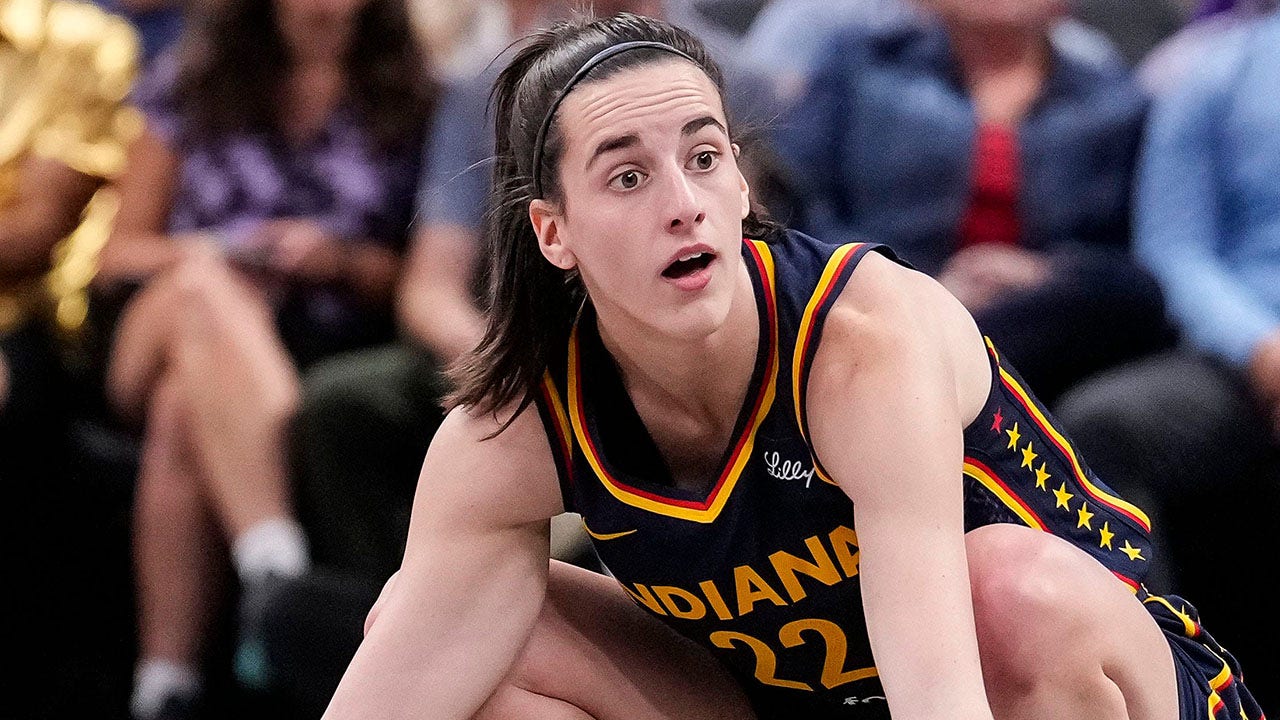Tom Izzo is a March Madness veteran, heading into his 26th straight tournament with the Michigan State Spartans.
He, more than many, understands how hard it is to reach the Final Four, let alone the national championship. Michigan State has been among the final four teams in the NCAA Tournament eight times under Izzo’s reign, though only one national title in 2000 came of that.
March Madness has always been about upsets, especially when it comes from mid-major schools taking down powerhouses like Michigan State. Just look at No. 16 Farleigh Dickinson University defeating No. 1 Purdue this time last year.
CLICK HERE FOR MORE SPORTS COVERAGE ON FOXNEWS.COM
Head coach Tom Izzo of the Michigan State Spartans during the Purdue Boilermakers game at Target Center in the quarterfinals of the Big Ten Tournament on March 15, 2024, in Minneapolis. (David Berding/Getty Images)
But, while speaking with reporters on Wednesday, Izzo said automatic bids for those mid- and low-majors, which comes from winning their respective conference tournaments, has “got to be looked at seriously.”
“While everybody likes the upsets in the first round, I’m not sure if that’s true as it goes on,” Izzo told ESPN.
Izzo’s statement is one that others in the college basketball realm agree with, including SEC Commissioner Greg Sankey.
COLORADO STATE BLOWS OUT VIRGINIA 67-42 IN FIRST FOUR OF MARCH MADNESS
“We are giving away highly competitive opportunities for automatic qualifiers [from smaller leagues], and I think that pressure is going to rise as we have more competitive basketball leagues at the top end because of expansion,” he said via ESPN.
Rick Pitino, head coach of St. John’s, one of the selection committee’s main snubs this year, also noted wanting more former coaches and players on the committee moving forward.
There have been discussions about expanding the NCAA college basketball tournament, which would make it harder for smaller schools to get into the 64-team bracket we’re all used to filling out in March. The First Four play-in games, which determine two No. 16 seeds and two No. 10 seeds each year, could feature even more competition.
Head coach Tom Izzo of the Michigan State Spartans during practice day ahead of the NCAA Men’s Basketball Tournament at Spectrum Center on March 20, 2024, in Charlotte, North Carolina. (Jared C. Tilton/Getty Images)
However, the argument against these automatic bids remaining for smaller schools is due to the upsets we’ve seen over the years. The tournament is truly anyone’s game, and it goes well beyond what FDU did to Purdue last year.
There was the iconic run of Loyola Chicago in 2018, reaching the Final Four as a No. 11 seed, taking down bigger schools like Miami and Tennessee to get there. The University of Maryland, Baltimore County, better known as UMBC, shocked the world as a No. 16 seed when they took down No. 1 Virginia in the first round of the 2018 tournament as well.
And more recently, St. Peter’s was able to defeat the illustrious John Calipari and the Kentucky Wildcats as a No. 15 seed on their way to a tournament run that ended in the Elite Eight.
From Oral Roberts over Ohio State in 2021, to Princeton beating Arizona last year, there are too many instances in the last decade, let alone the tournament’s entire history, that prove smaller schools can compete on the same court as the traditional juggernauts.
Coach Tom Izzo of Michigan State speaks with the media ahead of the NCAA Men’s Basketball Tournament on March 20, 2024, in Charlotte, North Carolina. (Jared C. Tilton/Getty Images)
While Izzo’s comments were heard, his No. 9-seeded Spartans will take on No. 8 Mississippi State in the first round Thursday at 12:15 p.m. to kick off the West bracket.
Follow Fox News Digital’ssports coverage on X, and subscribe tothe Fox News Sports Huddle newsletter.
Scott Thompson is a sports writer for Fox News Digital.




